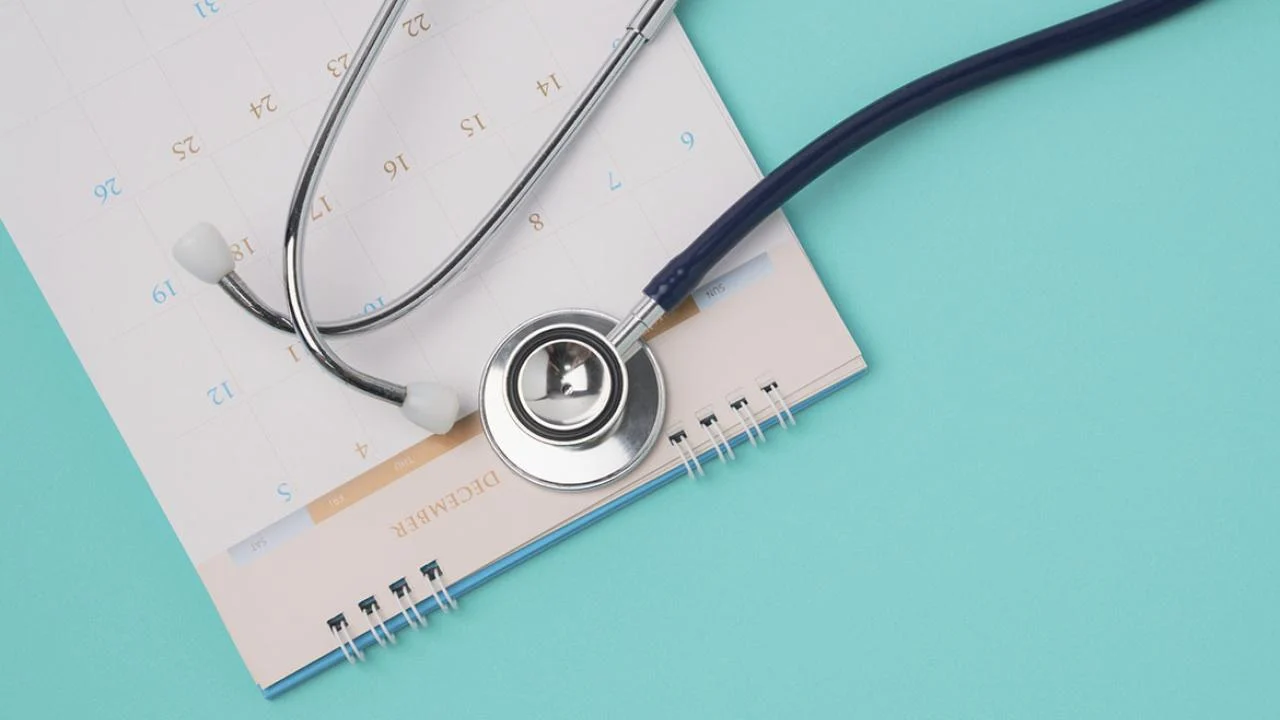In recent decades, the healthcare industry has witnessed a significant transformation. With the rise of technology, medical innovations, and increased access to health information, the focus of medicine is shifting from treating diseases to preventing them. Preventive healthcare, often overlooked in the past, is now recognized as a cornerstone of modern medical practices. By emphasizing early detection, lifestyle modifications, and regular check-ups, preventive care has the potential to save millions of lives and reduce the financial burden of chronic illnesses on individuals and healthcare systems.
Understanding Preventive Healthcare
Preventive healthcare refers to measures taken to prevent diseases, rather than curing them or treating symptoms. It encompasses a wide range of practices, including regular medical screenings, vaccinations, health education, and promoting healthy lifestyle choices such as proper nutrition and physical activity. The goal is to identify risk factors early, manage them effectively, and reduce the likelihood of developing serious conditions like heart disease, diabetes, cancer, and respiratory illnesses.

There are three levels of preventive healthcare:
-
Primary prevention – Strategies aimed at preventing diseases before they occur. This includes immunizations, public health campaigns, and encouraging healthy habits such as balanced diets and exercise.
-
Secondary prevention – Efforts to detect and treat diseases at an early stage before symptoms worsen. Screenings such as mammograms, blood pressure checks, and cholesterol tests fall into this category.
-
Tertiary prevention – Measures to reduce the impact of an ongoing illness, improve quality of life, and prevent complications. Examples include rehabilitation programs, ongoing medication management, and lifestyle adjustments for chronic conditions.
Why Preventive Healthcare Matters
The rising prevalence of chronic diseases has made preventive care more critical than ever. According to the World Health Organization (WHO), non-communicable diseases like cardiovascular disease, cancer, diabetes, and chronic respiratory diseases account for over 70% of deaths worldwide. Many of these conditions are linked to lifestyle factors, including poor diet, smoking, lack of exercise, and excessive alcohol consumption—factors that can be addressed through preventive strategies.
Preventive healthcare not only saves lives but also reduces healthcare costs significantly. Treating advanced diseases is often expensive, requiring hospital stays, surgeries, and long-term medication. By contrast, routine screenings, vaccinations, and lifestyle interventions are relatively low-cost and can avert severe health issues before they escalate.
Key Components of Preventive Care
-
Regular Screenings and Check-Ups
Annual physical exams and screenings for blood pressure, cholesterol, blood sugar, and cancers (such as breast, colon, and prostate) help detect problems early. Many conditions, including hypertension and diabetes, are silent killers, often showing no symptoms until they reach dangerous stages. -
Vaccinations
Vaccines remain one of the most effective tools in preventing infectious diseases. Childhood immunization programs have nearly eradicated diseases like polio and significantly reduced others such as measles and hepatitis. Adults, too, benefit from vaccines, including flu shots, COVID-19 boosters, and shingles prevention. -
Lifestyle Modifications
A significant portion of preventive care involves promoting healthy habits. Regular physical activity, a balanced diet rich in whole foods, adequate sleep, and stress management can dramatically reduce the risk of chronic diseases. Avoiding tobacco and moderating alcohol consumption are also crucial steps. -
Mental Health Care
Preventive health is not limited to the body; mental health plays an essential role. Regular mental health check-ins, stress management strategies, and therapy can prevent conditions such as anxiety and depression from worsening. Early intervention reduces the risk of severe outcomes, including substance abuse and self-harm. -
Public Health Campaigns and Education
Raising awareness about the importance of preventive healthcare is a community effort. Governments and organizations worldwide run campaigns to educate the public about nutrition, exercise, safe sexual practices, and the dangers of smoking or excessive alcohol use.
Barriers to Preventive Healthcare
Despite its clear benefits, many people still do not take advantage of preventive healthcare services. Several factors contribute to this issue:
-
Lack of awareness: Some individuals underestimate the importance of regular check-ups and screenings, assuming they are healthy if no symptoms are present.
-
Cost and accessibility: In many countries, preventive services are not fully covered by insurance or may be difficult to access, especially in rural areas.
-
Cultural beliefs and stigma: Some communities may distrust medical professionals or avoid care due to cultural perceptions about illness and treatment.
-
Time constraints: Busy lifestyles lead many people to neglect preventive care appointments.
Addressing these barriers requires policy changes, better healthcare infrastructure, and community-level interventions to make preventive services more accessible and appealing.
The Role of Technology in Preventive Healthcare
Technological advancements are reshaping the way preventive healthcare is delivered. Wearable fitness trackers, telemedicine, and health apps encourage individuals to monitor their health and seek care when necessary. Artificial intelligence and predictive analytics allow healthcare providers to identify at-risk patients earlier and customize preventive strategies based on genetic and lifestyle data.

For example, mobile apps can remind users to schedule screenings, track their daily steps, and monitor their heart rate. Telehealth platforms make it easier for patients to consult doctors without leaving home, removing geographical barriers and increasing the likelihood of regular check-ups.
Conclusion
Preventive healthcare is not merely a trend but a necessary evolution in modern medicine. By shifting the focus from treatment to prevention, individuals can live longer, healthier lives while reducing the strain on healthcare systems. Regular screenings, vaccinations, healthy lifestyle choices, and the use of modern technology can collectively prevent the onset of serious diseases.
Healthcare providers, policymakers, and individuals all play a role in promoting a culture of prevention. Whether through education, improved accessibility, or innovative technology, preventive healthcare must remain a priority. In a world where chronic diseases are on the rise, prevention truly is the best medicine.

